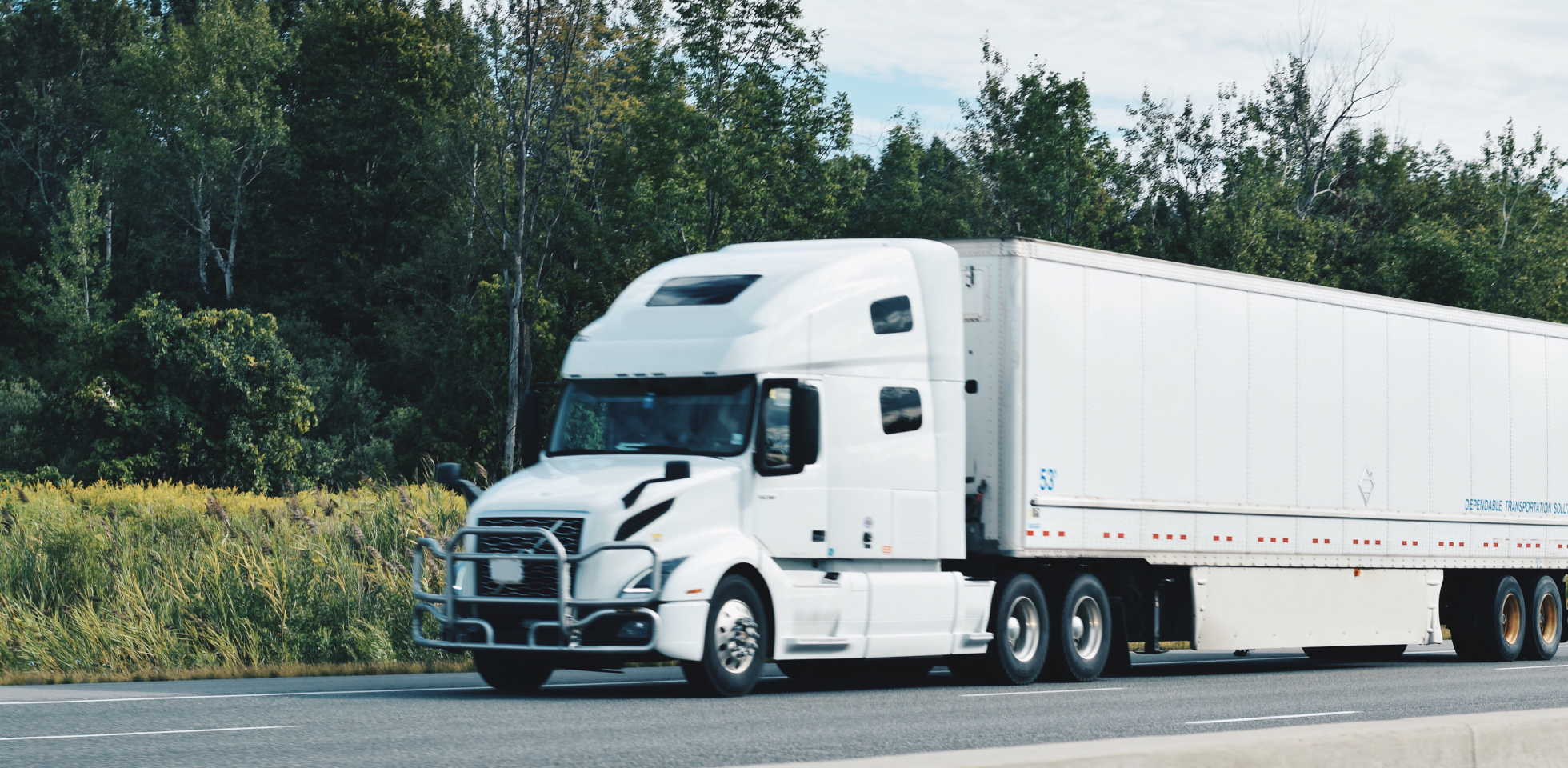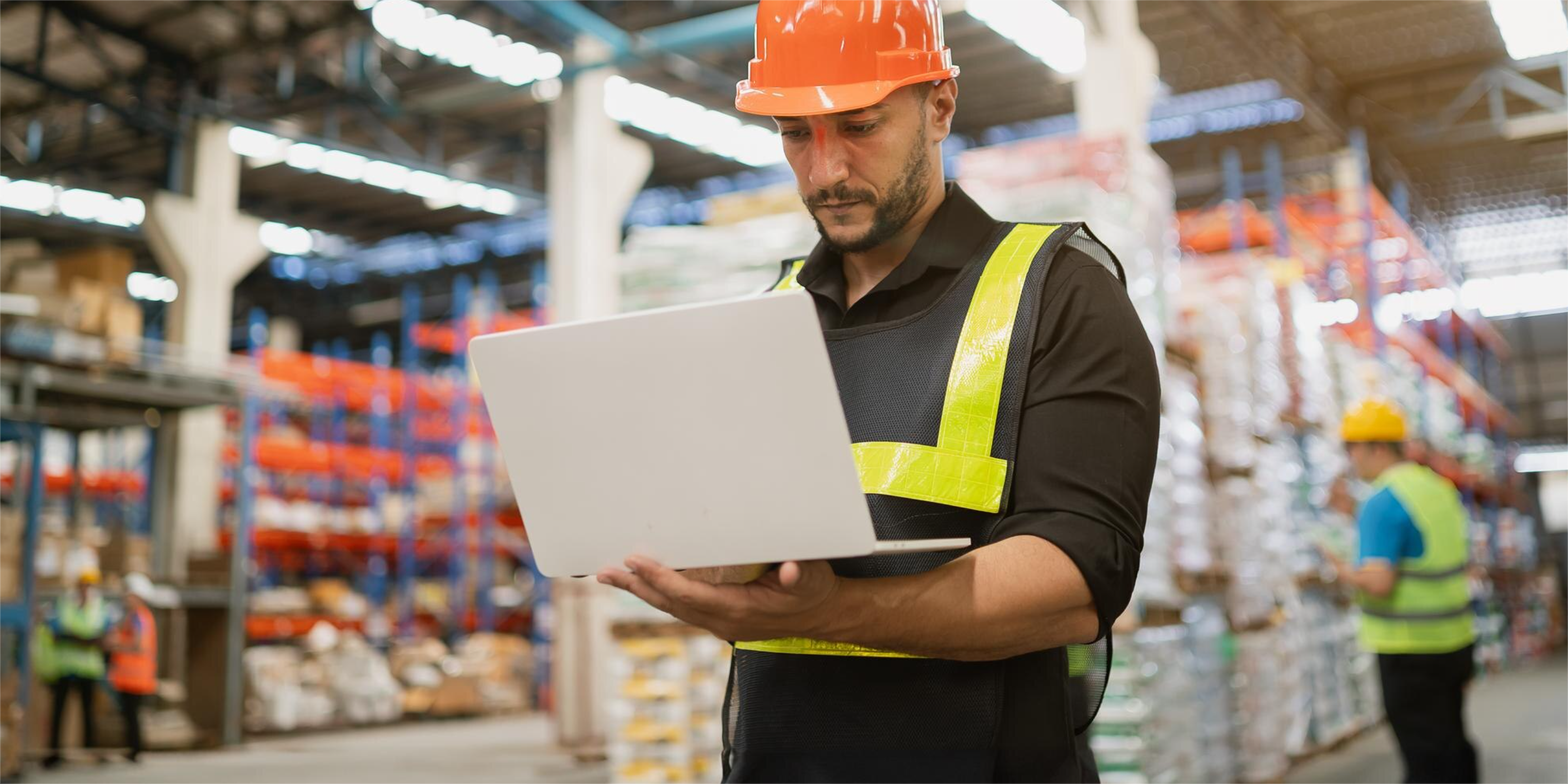Latin America is undergoing a historic commercial transformation, marked by the exponential growth of cross-border e-commerce, which is redefining the traditional paradigms of international trade. According to the most recent studies by the Lima Chamber of Commerce, sales in this sector are projected to reach an impressive US$100 billion by 2025. This exponential growth is clearly reflected in the volume of current operations, where in the first quarter of 2024 alone, more than 34 million tons of cargo have been moved on the region's roads, demonstrating the dynamism and vitality of Latin American trade. (Publication - Mintrasnporte)
Understanding Cross-Border in the Latin American context.
Cross-border trade, basically defined as the exchange of goods across international borders, has evolved substantially in recent years. This development has not been accidental; on the contrary, it is a direct response to the significant increase in global trade, which has generated unprecedented opportunities for the internationalization of companies of all sizes.
It is important to note that logistics infrastructure plays a key role. In order to achieve efficient cross-border transportation, it is essential to have logistics operators with proven experience and a robust infrastructure to ensure the reliable and seamless movement of goods. In addition, in this environment, it is necessary to have bilingual staff operating 24 hours a day, seven days a week. (Blog - Solistica)
Logistics challenges in cross-border expansion
Efficiently managing today's cargo volumes presents several critical challenges that companies must address strategically. Among the main challenges are:
- Accurate documentation: Shippers face the complex task of managing and accurately declaring the classification, valuation and origin of goods, often in multiple languages. An error in this process can result in significant delays at customs, which can extend for days or even weeks.
- Regulatory compliance: Each country in the region has its own specific legal requirements for e-commerce, which requires a thorough and up-to-date knowledge of local regulations.
- Returns management: Implementing efficient reverse logistics processes has become a critical success factor, especially considering that returns can become a competitive advantage when properly managed.
- Delivery times: Latin American consumers have raised their expectations and demand ever shorter delivery times, which requires constant optimization of operations.
Key strategies to optimize cross-border logistics
Integration of multimodal solutions
Multimodal transport has emerged as a fundamental strategic solution for global logistics, especially in a context where efficiency and sustainability are priorities. The intelligent combination of different modes of transportation allows optimizing costs and delivery times while contributing to the reduction of environmental impact.
Effective transport combinations:
- Land-Sea: This combination is ideal for moving large volumes of goods over long distances. Ocean freight offers unparalleled capacity to move massive loads, while land provides the flexibility needed for final distribution.
- Air-Road: This mode is optimal for urgent shipments and high-value products. The speed of air transport, combined with the flexibility of ground transport, allows us to meet the most demanding delivery times. (Article - Novocargo)
Digitalization and technology
Digital transformation is revolutionizing cross-border logistics in a fundamental way. According to the latest data from Gartner, more than 60% of companies are planning to adopt more digital services globally. This digitization is embodied in several key innovations:
- Real-time tracking systems using IoT (Internet of Things): These systems allow monitoring the location and condition of cargo at all times, providing complete visibility of the supply chain.
- Digital transportation management platforms: These tools integrate all aspects of the logistics operation, from planning to execution and tracking.
- Artificial intelligence for route optimization: AI makes it possible to analyze large volumes of data to identify the most efficient routes and predict potential disruptions. (Article- Revista Logistec)
Sustainability as a differentiating factor
Green logistics has become a strategic baseline, especially considering that, according to the International Energy Agency, freight transport accounts for 10% of global emissions. In response to this reality, companies are implementing various initiatives:
- Route optimization to reduce carbon footprint: Through the use of advanced technologies that allow planning the most efficient routes.
- Use of alternative fuels: Incorporation of electric vehicles and cleaner fuels in transportation fleets.
- Sustainable packaging practices: Development of packaging solutions that minimize environmental impact without compromising product protection.
Selecting the right logistics partner
To efficiently manage the growing volumes of cross-border cargo, it is essential to choose a logistics operator that meets specific characteristics:
- Proven security: It must have tracking technology, alerts, certified drivers and cargo liability insurance.
- Own infrastructure and assets: The availability of its own fleet and adequate equipment ensures greater control over operations.
- Local representation: In-depth knowledge of local markets, routes and customs procedures is essential.
- Multimodal capability: Flexibility to offer different transportation options according to specific needs.
- Proven experience: Proven track record in managing international shipments. (Article - The Logistic world)
Benefits of a well-implemented cross-border strategy
Effective implementation of these strategies can result in multiple benefits:
- Significant reduction in freight costs
- Significant optimization of delivery times
- Substantial improvement in customer experience
- Effective reduction of inventory costs
- Increased competitiveness in new markets
Looking to the future
The constant evolution of cross-border e-commerce, evidenced by the impressive volume of cargo moved in the region, requires companies to maintain a proactive attitude towards innovation and continuous improvement. Digitization, sustainability and operational efficiency will continue to be the fundamental foundations that will sustain success in international expansion.
Turn international trade challenges into competitive advantages. At Solistica we are the strategic partner that will drive your global success.






